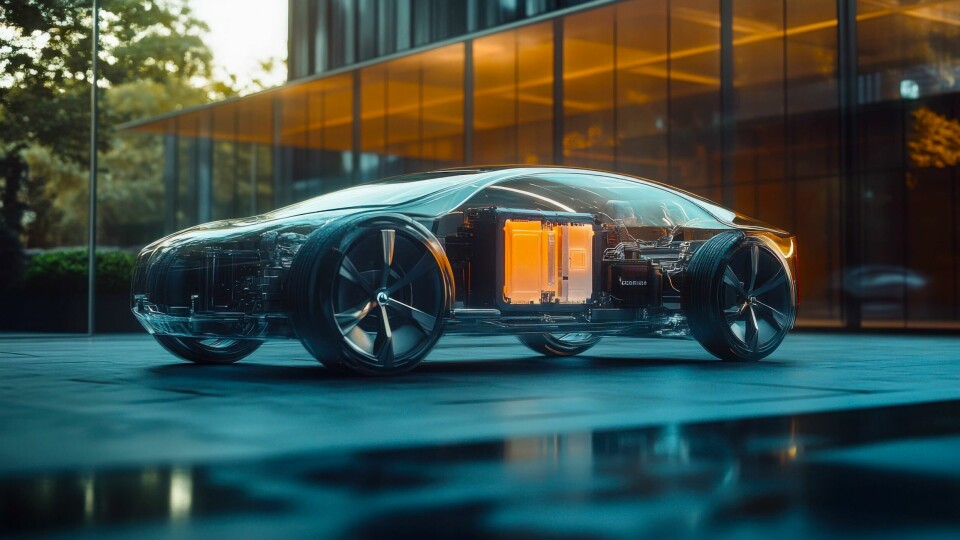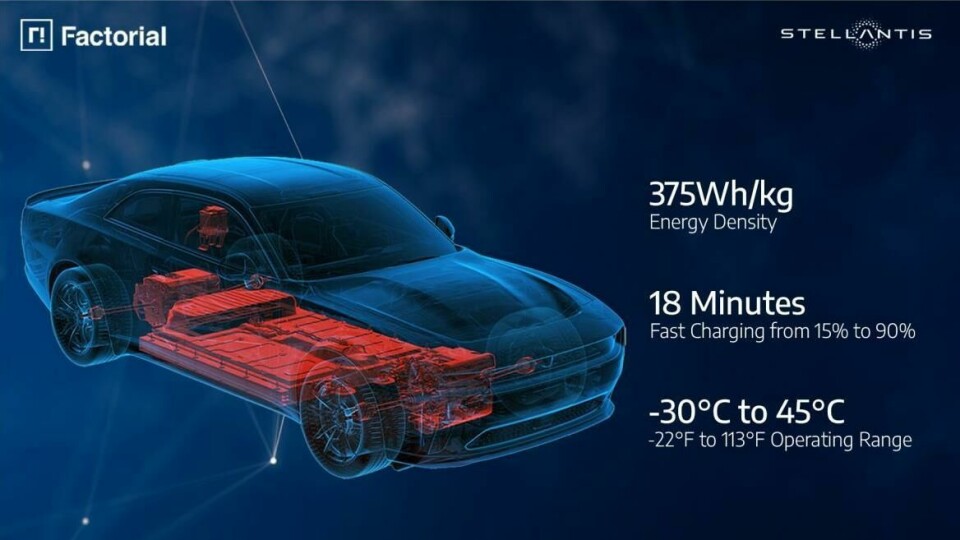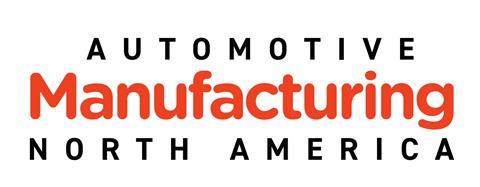Stellantis and Factorial Energy validate breakthrough solid-state batteries with fast-charging FEST technology and target 2026 EV demonstration fleet integration
Stellantis and Factorial Energy have validated high-density, fast-charging solid-state battery cells. Their collaboration now aims at optimising battery packs for efficiency and introducing a 2026 EV demonstration fleet.

Solid-state battery technology, long viewed as the future of electric vehicles, is edging closer to commercial viability thanks to a key breakthrough by Stellantis and Factorial Energy. The two companies have successfully validated Factorial’s FEST (Factorial Electrolyte System Technology) automotive-sized solid-state battery cells, marking a critical step forward in efforts to deliver next-generation EV performance.
”Battery development is about compromise. While optimising one feature is simple, balancing high energy density, cycle life, fast charging, and safety in an automotive-sized battery with OEM validation is a breakthrough”
A leap in energy density and charging times
Unlike conventional lithium-ion units, solid-state batteries promise higher energy density, greater safety and drastically faster charging. Factorial’s 77Ah FEST cells have achieved an energy density of 375Wh/kg, with more than 600 cycles completed as they progress towards full automotive qualification. In practical terms, these cells can recharge from 15% to over 90% in just 18 minutes at room temperature, an advance that stands to dramatically cut EV downtime.
“Reaching this level of performance reflects the strengths of our collaboration with Factorial,” said Ned Curic, Stellantis Chief Engineering and Technology Officer. “This breakthrough puts us at the forefront of the solid-state revolution, but we are not stopping there. We continue working together to push the boundaries and deliver even more advanced solutions, bringing us closer to lighter, more efficient batteries that reduce costs for our customers.”
Overcoming solid-state limitations
Performance has often been a limiting factor in solid-state development, particularly across temperature ranges. Factorial’s new electrolyte formulation, engineered through advanced scientific methods and AI-driven tools, enables the cells to operate reliably in climates as cold as -30°C and as warm as 45°C (-22°F to 113°F). This overcomes one of the most stubborn barriers to commercialisation.
“Battery development is about compromise. While optimising one feature is simple, balancing high energy density, cycle life, fast charging, and safety in an automotive-sized battery with OEM validation is a breakthrough,” said Siyu Huang, CEO of Factorial Energy. “This achievement with Stellantis is bringing next-generation battery technology from research to reality.”
Read more Stellantis and Battery stories
- Stellantis to revive Belvidere plant with $5bn US investments
- Coventry and Warwick Gigapark: UK’s answer to EV battery challenges?
- From battery maker to EV leader: BYD’s strategic rise
- Webasto and Cylib partner on sustainable battery recycling
Targeting vehicle integration and commercialisation

Beyond cell chemistry, Stellantis and Factorial are working to refine pack architecture and vehicle integration, seeking reductions in weight and improvements in system efficiency.
These gains are crucial for extending EV range and enhancing affordability, both of which are vital as manufacturers look to expand electric portfolios and meet tightening emissions targets.
The validation milestone builds on Stellantis’ earlier $75 million investment in Factorial Energy in 2021, highlighting the group’s commitment to securing solid-state leadership. Stellantis plans to integrate Factorial’s solid-state batteries into a demonstration fleet by 2026, a move designed to validate performance in real-world conditions and accelerate the path to mass-market deployment.
As the automotive industry intensifies its race towards higher-performing EVs, Stellantis and Factorial’s collaboration signals that the solid-state era may be arriving faster than expected.



